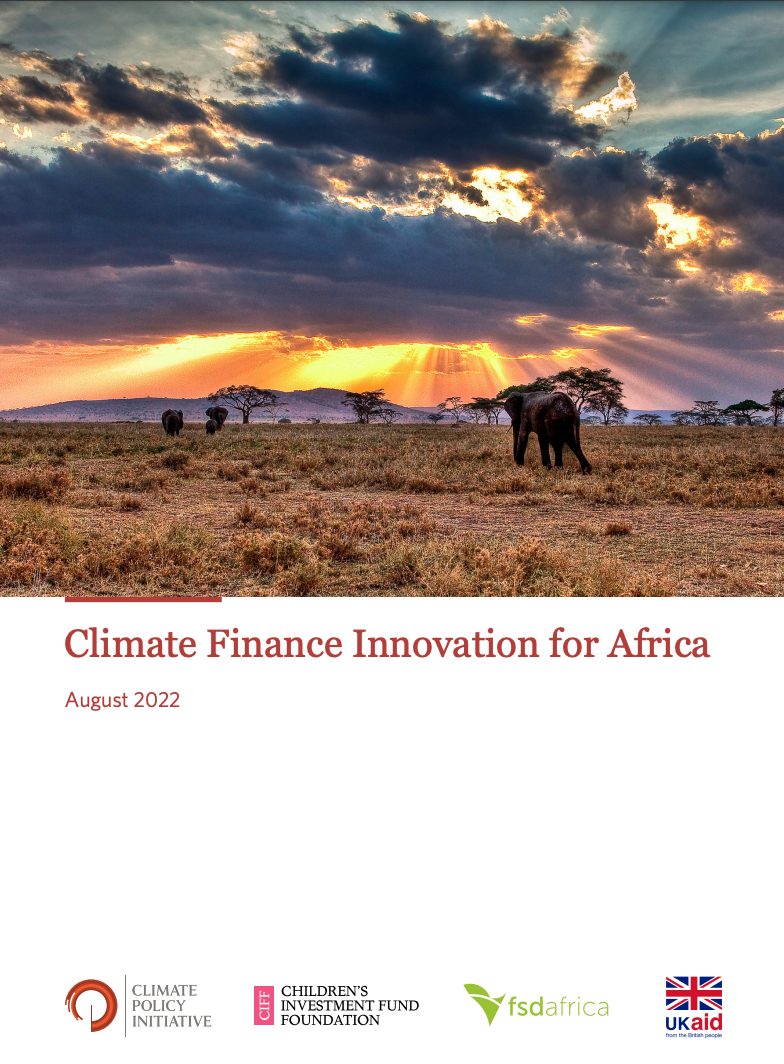Africa Demands a New Approach to Global Climate Action Through Science and Finance

A Call for Science-Driven Climate Action in Africa
The African Group of Negotiators (AGN) and the Pan African Climate Justice Alliance (PACJA) have emphasized the urgent need to reframe global climate action. Their focus is on ensuring that this effort is driven by scientific evidence and is responsive to the increasing vulnerability of the African continent to climate change.
At the 13th Conference on Climate Change and Development in Africa, held in Addis Ababa, Ethiopia, AGN Chair Richard Muyungi highlighted the importance of placing African science at the forefront of climate strategies. He stressed that the continent can no longer rely solely on externally developed data and models for its climate action plans.
"African science must take center stage in guiding climate action and adaptation," Muyungi stated. He also called for a shift towards needs-based climate finance, which would better address the specific challenges faced by African nations.
Muyungi pointed out that Africa is entering a new phase of climate diplomacy. This phase is characterized by a deeper understanding of the continent's ecological wealth, supported by scientific knowledge. He argued that climate finance should not be seen as charity but rather as a right, a duty, and a measure of trust.
He urged developed nations to provide adequate funding for climate adaptation activities in Africa and other least developed countries around the world. According to him, this financial support is essential for building resilience against the impacts of climate change.
The Disproportionate Impact on Africa
Mithika Mwenda, executive director of PACJA, echoed these concerns and highlighted the stark contrast between Africa's contribution to global greenhouse gas emissions and the severe impact it faces from climate change. He noted that Africa contributes the least to global emissions but is among the hardest hit by climate-related disasters.
Achieving Africa's climate goals by 2030 will require nearly $3 trillion, yet the continent receives only 3 to 4 percent of global climate finance flows. Mwenda described this disparity as unacceptable and called for immediate action to address the gap.
One of the major failures in global climate action, according to Mwenda, has been the exclusion of Africa's most vulnerable populations from decision-making processes. He emphasized the need for structural reforms in the international financial architecture to ensure full, timely, and fair access to the Loss and Damage Fund for climate change.
Climate Disasters and Human Impact
The effects of climate change are already being felt across the continent. In 2024, more than 110 million Africans were affected by climate disasters, including floods in the Sahel, droughts in Southern Africa, and unprecedented heatwaves that damaged farmland in the north. These events underscore the urgency of addressing climate vulnerabilities in Africa.
The conference, which ran until Sunday, brought together a wide range of stakeholders, including government officials, academics, researchers, and other experts. The theme of the event was "Empowering Africa's Climate Action with Science, Finance, and Just Transition." This theme reflects the growing recognition of the need for a holistic approach to climate action that includes scientific research, adequate financing, and a just transition for all communities.
A Path Forward
As the global community continues to grapple with the challenges of climate change, the voices of African leaders and organizations are becoming increasingly important. Their calls for science-driven policies, equitable financing, and inclusive decision-making highlight the need for a more balanced and effective approach to climate action.
By prioritizing African science, ensuring fair access to climate finance, and involving vulnerable populations in the decision-making process, the continent can play a more active role in shaping the global response to climate change. This will not only benefit Africa but also contribute to a more sustainable and just future for all.

Comments
Post a Comment